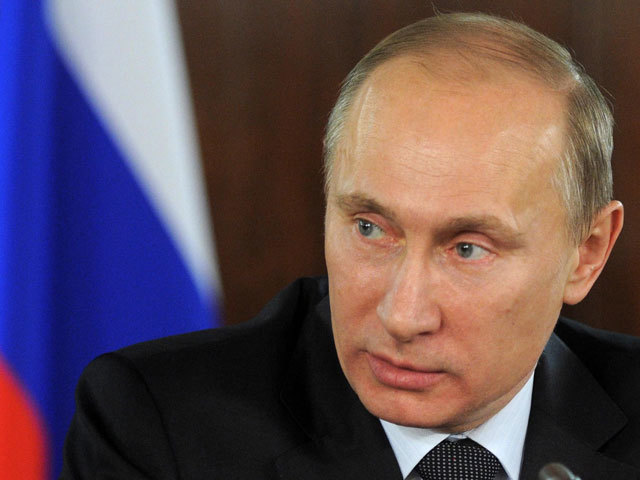
Russia’s Economy Ministry criticized a proposed tax increase on the nation’s main revenue source, crude producers, saying it may hurt output and the budget in the long term.
The oil-extraction tax formula proposed by the Finance Ministry last week would hurt “the economics of working deposits and in fact would ’kill’ production at the most efficient fields in terms of tax performance,” Deputy Economy Minister Nikolay Podguzov said.
“Clearly, if production decreases, taxes also fall.”
Struggling with its first recession in six years, Russia’s budget may gain more than 600 billion rubles ($9.1 billion) of additional revenue next year if the government raises the crude output levy, according to the Finance Ministry. That’s a “significant” overestimation, Podguzov said.
While President Vladimir Putin told the government to weigh the tax proposal on Tuesday, there’s no final decision yet, Finance Minister Anton Siluanov said. Shares in the country’s main crude producers, including Rosneft OJSC and Lukoil PJSC, have dropped this week on the possibility of a higher tax burden, The move, if approved, could cut dividend payments by 10 percent to 30 percent, Bank of America analysts wrote in a research note Wednesday.
Russia may lose as much as 30 million metric tons (about 600,000 barrels a day) of production if the proposed extraction tax change is imposed, Vedomosti newspaper reported, citing an unidentified official. The Energy Ministry also opposes the change because of the risks for output, Deputy Finance Minister Sergei Shatalov said Tuesday.
The Finance Ministry is studying other options to boost budget revenue to narrow the gap, including canceling a planned cut in the crude export duty, according Shatalov. That measure is less risky for the industry and could provide about 150 billion rubles of additional gain for the state next year, Vedomosti said.
Siluanov called for companies to review their investment policies and weigh spending on costly deposits to take into account the slump in oil prices. Producers have reaped a windfall 600 billion rubles since 2013 from ruble depreciation rather than their own work, Siluanov told reporters today in Moscow. “Oil companies need to think about optimizing their costs,” he said.
The ministry sees no need in raising extraction tax on natural gas, Siluanov said.